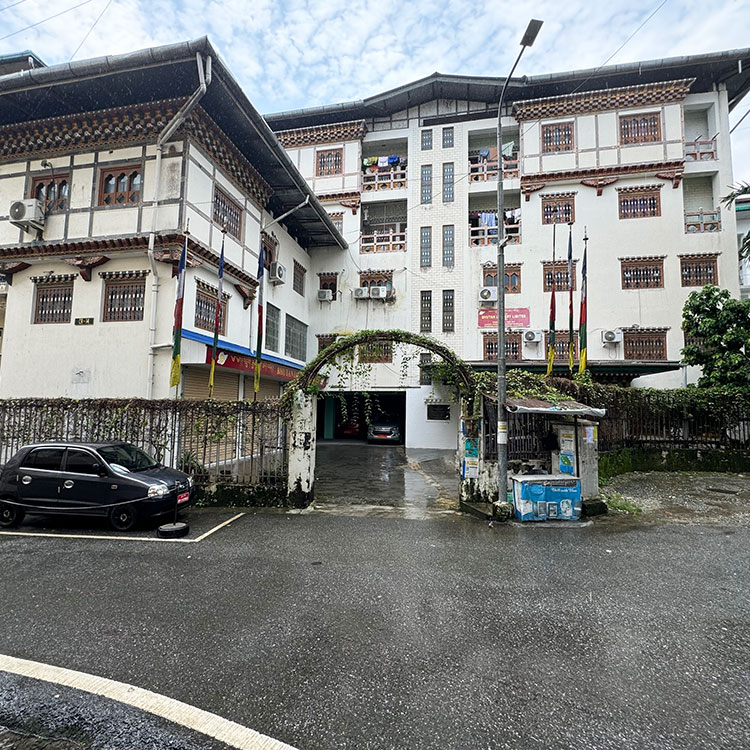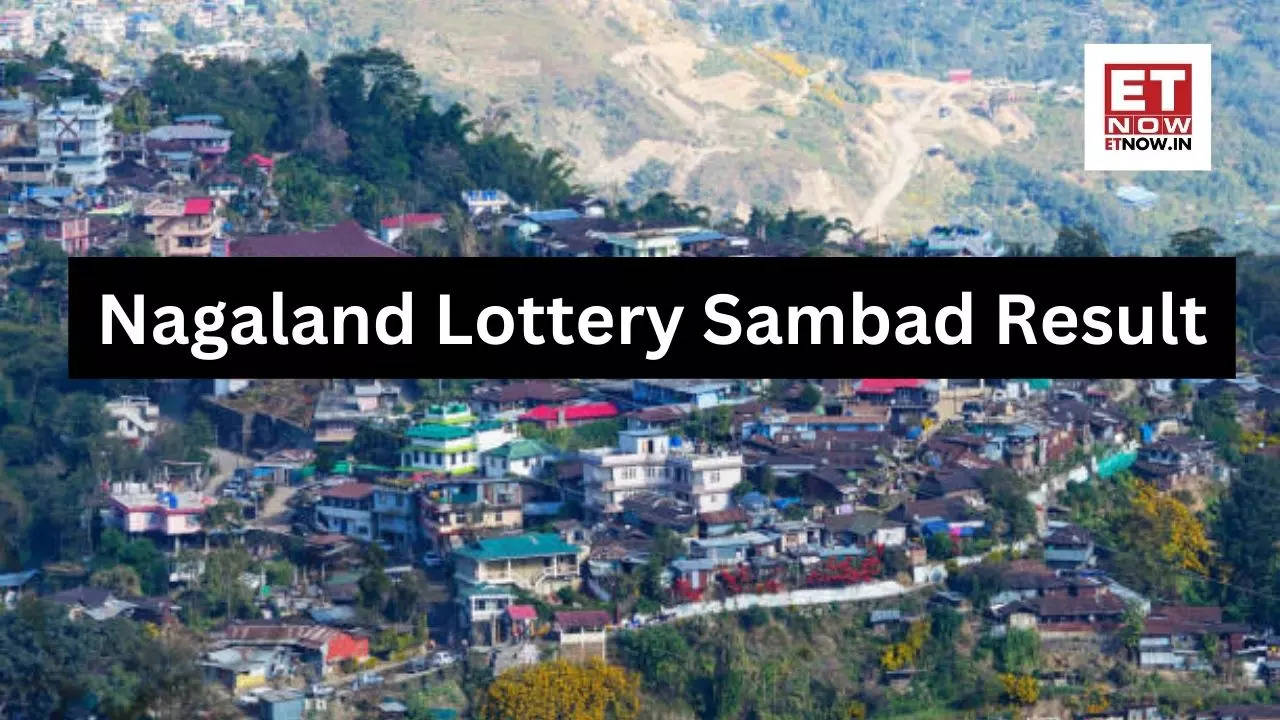Gambling
Economically active age- group gambling big time

Lhakpa Quendren
Phuentsholing—At least 67.9 percent of economically active Bhutanese aged between 23 and 37 years are actively participating in the gaming platforms of Bhutan Lottery Limited (BLL).
Going by the player profiles with BLL Phuentsholing, 69,112 players—39,261 male and 29,851 female—in this age group are currently engaged in online gambling, out of a total of 101,707 players—58,826 male and 42,881 female.
Not surprisingly, youth aged between 18 and 22 years account for 9 percent, with 9,217 players. The remaining 20,423 players, representing 20.1 percent, are aged between 38 and 52 years, while 2,955 players are above 53 years.
Thimphu has the highest number of players, followed by Phuentsholing, Gelephu, and Paro. However, reaching every gewog remains an uphill task due to limited interest in lottery purchases and minimal returns.
BLL’s deputy general manager, Saran Gurung, said that the business model would soon undergo changes. “We will do away with territorial restrictions that limit agents to selling only within their jurisdiction, so any agent can sell anywhere.”
Officials say that sales increase during the last week of each month with the payment period but decline on weekends due to outdoor entertainment options. With the daily e-lottery deposit limit of Nu 1,000 exhausted by 12am, peak online sales last until 1am.
The weekly revenue in July for online games was about Nu 13.97 million in the first week, Nu 12.53 million in the second week, Nu 11.60 million in the third week, and Nu 17.41 million in the final week of the month.
“Usually, we see a downturn during the monsoon because people often prefer playing the lottery during the holiday season,” Saran Gurung said, adding that the business depends on the speed of the internet and the quality of the payment system.
The sales are currently declining by about 20 to 25 percent compared to the same months of the previous year. Factors such as low income, inflation, global recession, a weak economy, inconsistent payment systems, and internet challenges are contributing to the low turnover, according to officials.
The online game revenue in July declined to Nu 55.52 million from Nu 56.55 million in June, paper lottery revenue dropped from Nu 4.41 million to Nu 3.71 million, while scratch card revenue increased to Nu 4.21 million from Nu 3.08 million. This shows that the average monthly revenue is about Nu 63.73 million.
BLL offers seven online products, along with paper lottery and scratch cards. The online gambling platform, introduced in May 2021 during the pandemic, has been a big hit, generating 83 percent of annual revenue, while the remaining 17 percent comes from traditional paper tickets.
In 2023, BLL paid Nu 800 million in prizes, which is short of a billion by Nu 200 million. In July, Nu 42.90 million was awarded, including Nu 38.21 million for online games, Nu 2.39 million for paper lottery, and Nu 2.30 million for scratch cards. Winners of over Nu 5,000 have to pay a 20 percent tax.
It has already generated Nu 31.09 million in August up to the 13th, with the highest revenue from online games at Nu 27.11 million, followed by Nu 2.25 million from scratch cards and Nu 1.72 million from paper lottery.
Plans and financial
performance
To boost sales, BLL is working with Tbank and Bhutan National Bank to integrate their mobile banking systems, which will make it easier for Bhutanese players living abroad to participate.
Given that the Royal Monetary Authority’s payment gateway requires One-Time Password (OTP) authentication to complete transactions—a process that can be challenging for players overseas—BLL has integrated mBoB as an alternative, which does not require OTP.
BLL will also increase its bumper prizes from three to four each year, with the introduction of a Nu 10 million prize for the first winner on National Day, which is higher than the previous maximum bumper prize of Nu 3 million.
“The lower-level prizes will also be made more attractive. The prize structure needs to be balanced from top to bottom, and we will prepare the scheme, which will be finalised following discussions with the scheme committee,” says Saran Gurung.
“Looking at the current trends, if we continue with the same product, it will slowly decline,” he said. “Some products are performing well, while others may not.”
When asked about fully switching to digital, he said that paper lottery tickets remain necessary for agents who sell them in person to customers, although digital options are user-friendly. “A portion of our customers depends on traditional lottery options, including both scratch cards and paper tickets,” he added.
BLL has been rebranded as an innovative and responsible gambling platform, which has generated the highest revenue in its eight years of operation. The annual sales revenue increased by 14.3 percent, from Nu 948.7 million in 2022 to Nu 1.084 billion in 2023.
The profit before tax (PBT) increased by 16 percent, from Nu 186.6 million in 2022 to Nu 216.4 million. The net profit after tax was Nu 151.4 million, which exceeded the targeted Nu 148.3 million in 2023.
BLL remitted Nu 28.7 million to the government as winning tax in 2023, which means an average monthly remittance of Nu 2.39 million. It also paid Nu 64.9 million in corporate income tax.
BLL is the only government-approved online gambling platform, and authorised lotteries are not classified as gambling under the Penal Code of Bhutan. Initially a state-owned enterprise under the Ministry of Finance, BLL’s shares were transferred to finance the De-Suung Skilling Programme in October 2023.
BLL has 10 Dzongkhag Lottery Agents, which together have about 70 sub-sellers operating on a commission basis, as well as seven open sellers. The age limit for players is restricted to those under 18 years old, with clear instructions provided to agents.










